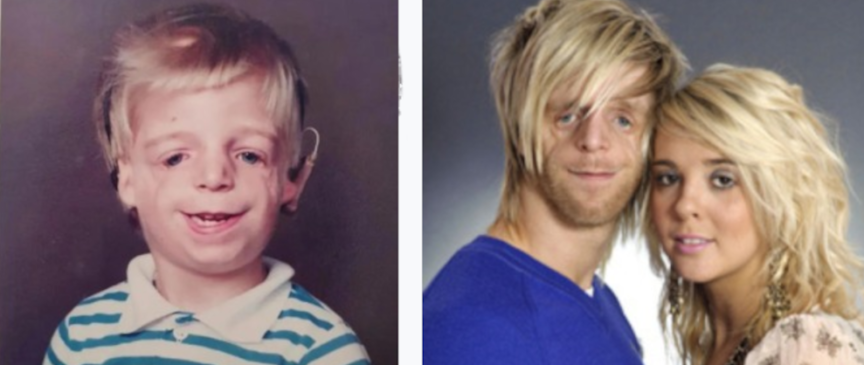di·ver·si·ty də-ˈvər-sə-tē
1: the condition of having or being composed of differing elements : VARIETY
especially : the inclusion of people of different races, or cultures in a group or organization; programs intended to promote diversity in schools
2: an instance of being composed of differing elements or qualities : an instance of being diverse; a diversity of opinion
3: the fact of many different types of things or people being included in something; a range of different things or people
4: the wonderful diversity of our region’s wildlife is now coming under threat; the enormous diversity of life on earth quite overwhelming.
5: the diversity of talent we have here; of huge musical and artistic diversity
6: the condition or fact of being different or varied; variety:
genetic/biological diversity
A great deal is said today about “diversity,” and in most cases the conversations are positive and helpful. However, in some cases the definitions given to the word are narrow and only used in the case of racial diversity. So in that case, a group would be considered to be diverse if it had a diversity of races represented.
As I said, in most cases our social concerns about having diversity in our churches, our schools, represented in our government bodies, and in the workplace is a good thing meant to prevent exclusiveness and shutting out others. So I congratulate myself if I have friends and acquaintances in a variety of racial or ethnic groups.
However, I have been thinking about diversity in other ways that may be more difficult to cultivate. For example, what about political diversity? Or religious diversity? What about working in places of diverse experience, vocational philosophy, and such? It is possible to give oneself a pass if having friends who are differently colored, but find it impossible to possess some quality found to be intolerable. Consider the story of Jono Lancaster who was diverse in appearance.
Jonathan “Jono” Lancaster was born with Treacher Collins Syndrome. This is a rare birth abnormality that causes an underdeveloped jaw, no cheekbones, and what Lancaster calls “little Bart Simpson ears.” His birth parents were horrified by his appearance and left him at the hospital 36 hours after his birth. By so doing, they were telling their helpless infant that they would not love him because of the way he looked.
A social worker, learning of Jono’s plight, took him home from the hospital and fostered him for five years, and then she adopted him. Despite being bullied in high school and going through tremendous emotional ups and downs, he graduated from college and is now writing his second book.
Jono’s story made me wonder about other things that might substitute for his appearance in the human refusal to truly be a person that embraces diversity. It seems to me that if we want to talk about diversity, we have to think about what our limits might be and what we are going to do to rectify that.

